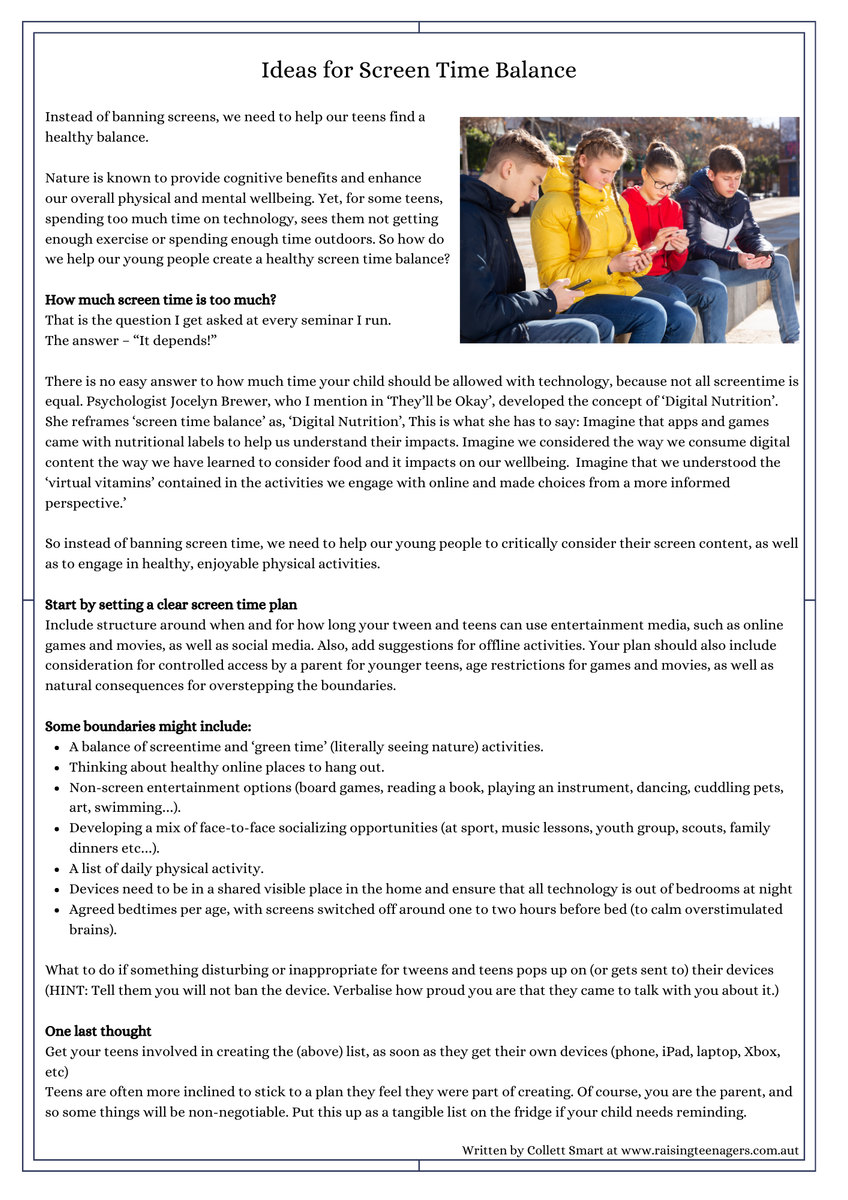Parent Wellbeing
Wellbeing

Parent Wellbeing
Wellbeing
Your child hasn’t yet managed to find a group they feel truly comfortable with; their “tribe”. Maybe they are on the edge of a friendship group, or flitting between a few. Or perhaps they do not have a longed-for close friend. Perhaps they have moved up from Primary School and lost contact with old friends, whilst struggling to make new ones. Here are some ways that parents can support their students:
How Can I Support My Child With Friendship Problems?
1. Open a Discussion
The first step in helping a child with something is always to understand what is contributing to the problem. This is what psychologists call “formulation”. We act like detectives, uncovering clues. Then we put the clues together, make sense of them, and develop a plan. So, chat with your child. Why do they think a happy and settled friendship or friendship group has been elusive to them so far? Is your child’s view accurate, or could it be a little skewed? For example, some teenagers lack insight and may assume that if they haven’t got friends, there is something wrong with them. Or, they may assume that there is something wrong with the people around them.
2. Keep an Open Mind
Teen friendships are complex. It is not your fault or your child’s fault that they are having problems. Here are a few possible reasons why your child may and not have found good friendships yet.
Possible Challenge One: A difference in levels of maturity between your child and their peer.
In some cases, children might identify more strongly with older children or young adults. In other cases they may gravitate towards younger children. There is nothing wrong with this. The only problem is that at high school, it may mean that there are not many children in the same year group who would be a good match. Teens may try to respond to peer pressure by doing things they are not ready for or gravitating towards types of friends who make them feel stressed – potentially unhealthy friendships or even toxic friendships.
How to help my Teenager with Friendship Problems if there is a Maturity Gap
1. Give them opportunities for contact with different ages. Don’t worry that your child doesn’t have many close friendships of the same age or in the same school year. Look out for opportunities for connecting with peers of the age that they feel most comfortable with. For instance, lunchtime or after school clubs with other year groups.
2.Don’t try to mould your child into something they are not. Development-wise, where they are is where they need to be. If you try to force them into friendships of their age, perhaps by pushing an interest in a particular area, your child will just end up spending time with people they don’t feel an affinity with rather than a true friendship. Your child’s integrity of identity will be compromised.
Possible Challenge Two:
Your child is struggling with essential social skills.
Sometimes young people have a skills gap. By secondary school age there are certain skills that most children will have mastered, which will help them develop sound friendships.
With Holidays on our heels, getting out in the sun is a great priority! However, it can be hard sometimes to negotiate with teens to find screen time balance. Please see the attachment for information on Screen Time Balance.


We hope you have a great holidays! Please note Wellbeing will be closed during school holidays, for support please consider contacting the following resources:
Nurse on Call - 24/7 Healthcare advice:
1300 60 60 24.
Beyond Blue - Mental Health Support 24 hours/7 days a week, chat online or email:
1300 22 4636
Butterfly Foundation - For assistance with those facing Eating Disorders 8am-midnight AEST / 7 days a week, chat online or email:
1800 33 4673
Lifeline - Call 13 11 14, text 0477 13 11 14 or chat online.
Suicide Call Back Service
1300 659 467.
Always call 000 in case of emergency.
The Wellbeing Team have compiled a range of resources and support services for students and families to access via Compass under Community (the two people) – School Documentation – For Students/For Parents – Wellbeing Resources.
Parentline: 13 22 89
If you would like further ongoing support, it is recommended that you make an appointment with your family General Practitioner (G.P.) where you can discuss the concerns that you may behaving. The G.P. will then be able to make the appropriate referral for ongoing support as required.
Student Wellbeing Team
Email: wellbeing@wantirnacollege.vic.edu.au
Guiseppe Relia – Wellbeing Coordinator
Talea-Jane Simpson – School Counsellor
Lea Marrison - Mental Health Practitioner
Tajinder Wulff - Mental Health Practitioner